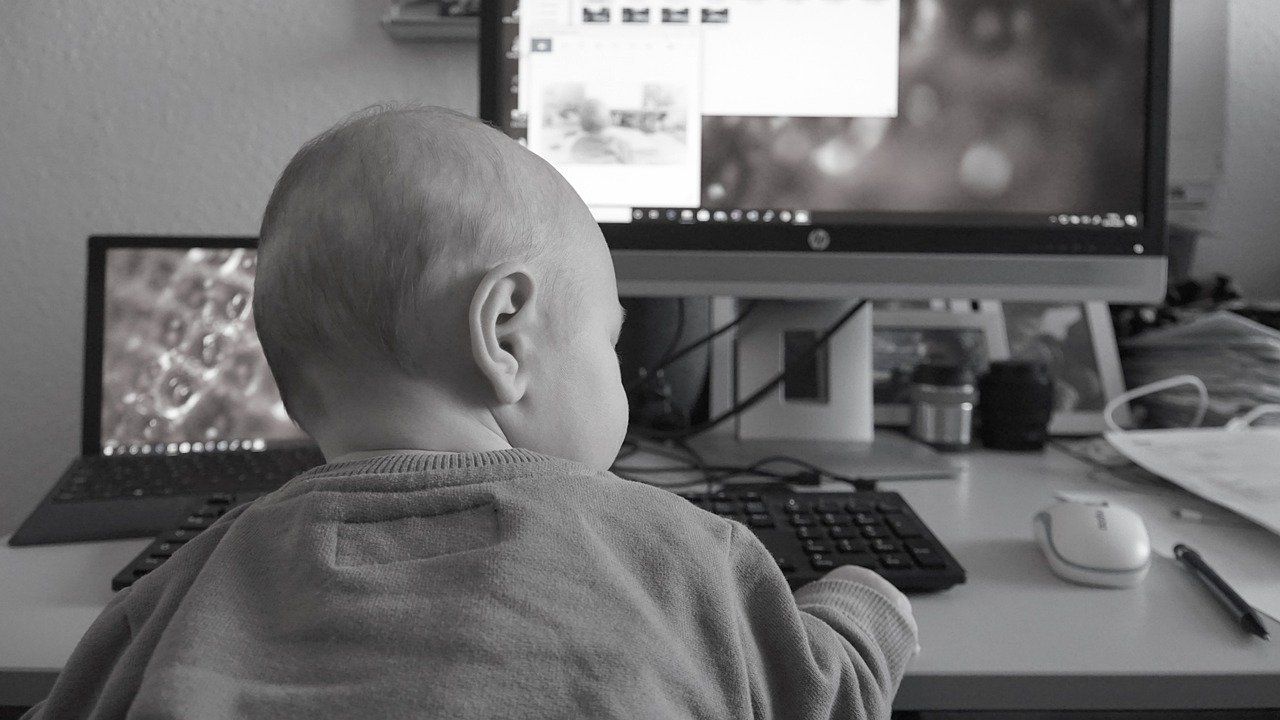Kids need encryption in today's internet.
Politicians like Barr need to stop lying: Encryption, not backdoors, is the best tool we have to protect our kids.
Protecting kids’ privacy rights
In September last year, Google was fined a record sum of $170 million for violating children’s privacy rights on YouTube. Regulators argued that Google had illegally harvested personal information from children and used it to profit by targeting them with advertisements.
While it is a good sign that Google is punished for violating kids’ privacy rights, much more needs to be done to protect children and their data. In the case of YouTube, the easiest solution might be to switch to Invidious, but Google is trying to destroy this platform.
Constant collection & indexing
Today there is a generation growing up whose every move, every life event, every illness or recovering is recorded, stored and analyzed online - not just by the parents, but also by Google, Facebook and others.
This collection already contains an invaluable amount of private data that is up for grabs by advertisers, future employers, health insurances or other malicious agents. If we want our children to grow up into free thinking adults, we need to protect them from this excessive data collection that feeds the advertising machine that is already influencing so many decisions, not just in regards to the next shopping list, but also in regards to politics.
Playing ‘Hide and Seek’ with data
Being born in pre-internet times, our family calendar was kept as a hard copy, holiday pictures were stuck in photo albums. A digital copy of my childhood does not exist.
It’s much different for today’s children: Family calendars are stored online, pictures are shared via emails or messages, sometimes even posted on social media. Without their consent, we store our children’s lives on servers of advertising companies that do not adequately protect this data against attacks from corporations, government spy agencies and others.
Parents today act like small children when playing ‘Hide and Seek’: Toddlers just cover their eyes when hiding, thinking if they can’t see themselves, no one else can see them either. That’s how parents handle their kids’ data: When they store events and pictures on online servers, they keep telling themselves that only they can access the data. It is, after all, protected with a password.
Threat to our society
This careless handling of kids’ data is a threat to our society. Leaving this data easily available for tech corporations and others risks that disreputable actors will build extensive profiles about all our children - their education, their habits, their health, their social background, basically everything.
These profiles can - and will - be abused to manipulate our children as consumers, but also as voters. Political advertising campaigns during the 2016 US election have shown how dangerous this is for any free, democratic society. In the future, this threat is only growing.
Encryption as a beacon of hope
Some politicians, like Barr when proposing the Earn It Act, demonize encryption as being used by malicious actors to prey on our children. This fearmongering is a betrayal to the public about who the really dangerous enemies are online: Corporations and governments who use the data to create profiles and launch manipulation campaigns. The ultimate goal is control.
So what’s left to do? We can either keep shutting our eyes from the real threats online. Or we can start making a change by using privacy-respecting alternatives to mainstream services.
In contrast to such fearmongering, encryption is the best tool we have to protect our kids’ data. When using an encrypted calendar or secure email to store and share data, parents can be sure that no one is scooping up their kids’ data and abuse it one way or the other.

